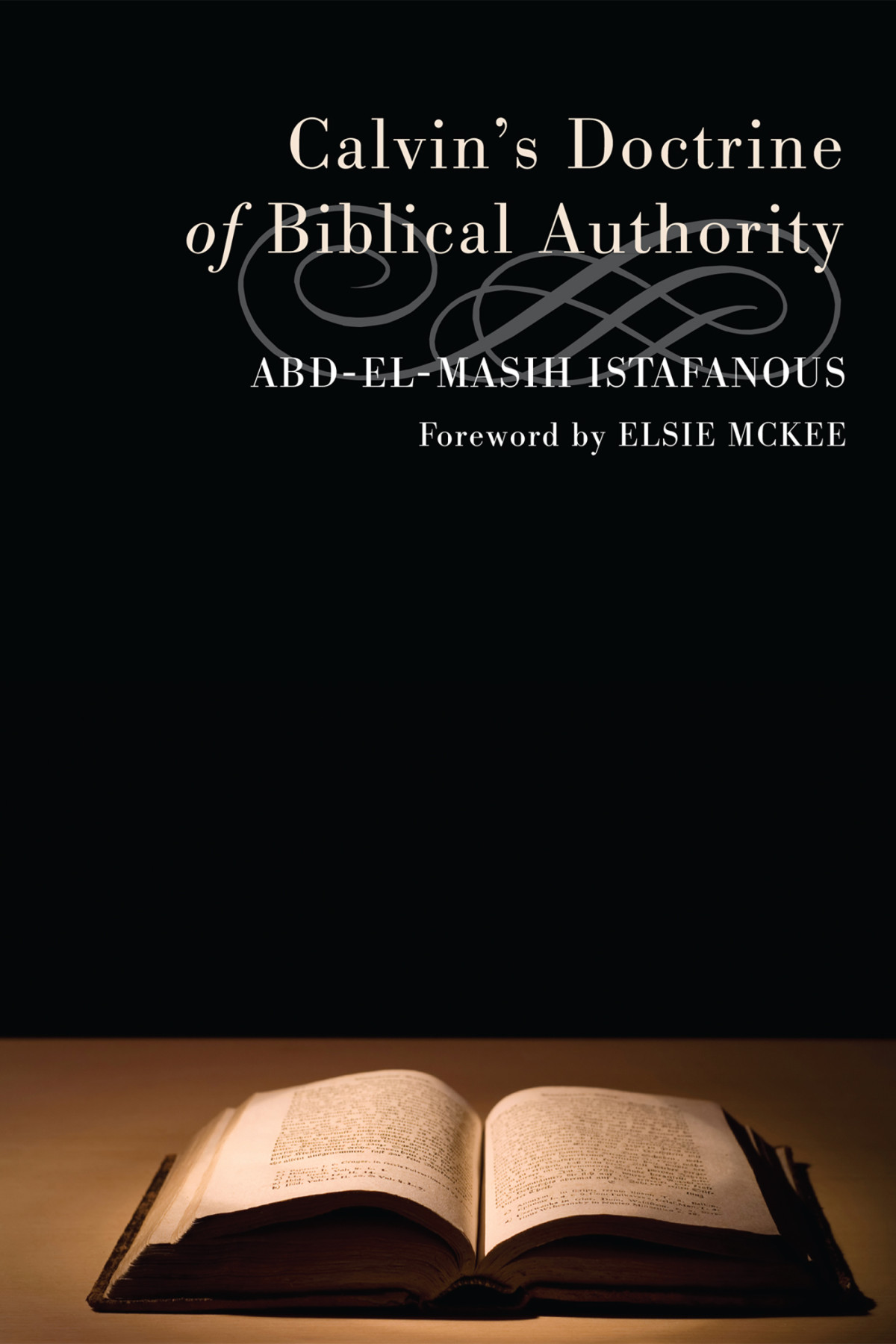

Most ebook files are in PDF format, so you can easily read them using various software such as Foxit Reader or directly on the Google Chrome browser.
Some ebook files are released by publishers in other formats such as .awz, .mobi, .epub, .fb2, etc. You may need to install specific software to read these formats on mobile/PC, such as Calibre.
Please read the tutorial at this link: https://ebookbell.com/faq
We offer FREE conversion to the popular formats you request; however, this may take some time. Therefore, right after payment, please email us, and we will try to provide the service as quickly as possible.
For some exceptional file formats or broken links (if any), please refrain from opening any disputes. Instead, email us first, and we will try to assist within a maximum of 6 hours.
EbookBell Team

4.7
66 reviewsCalvin's Doctrine of Biblical Authority offers a profound new approach to a long-debated topic. Istafanous draws upon Calvin's twofold structure regarding salvation to illumine the Reformer's twofold knowledge of God with particular focus on biblical authority. In doing so, Istafanous presents Calvin's view of biblical authority framed within modern discussions of inspiration. In the 1539 edition of the Institutes, and in all subsequent editions, John Calvin presented justification and sanctification as the "twofold grace of God." He repeatedly taught this concept in all of his commentaries, sermons, and other writings. More than any other reformer, Calvin used the "twofold grace" to express the full relationship between justification and sanctification. In the definitive edition of the Institutes (1559), Calvin introduced the concept of the "twofold knowledge of God." This framework has been considered by many as the ordering principle of the Institutes and all of Calvin's theology. Istafanous argues that the "twofold Grace" inspired Calvin to introduce the concept of the "twofold knowledge" in 1559. Thus, the "twofold grace of God" provides the key to understanding the "twofold knowledge" specifically and Calvin's theology generally.